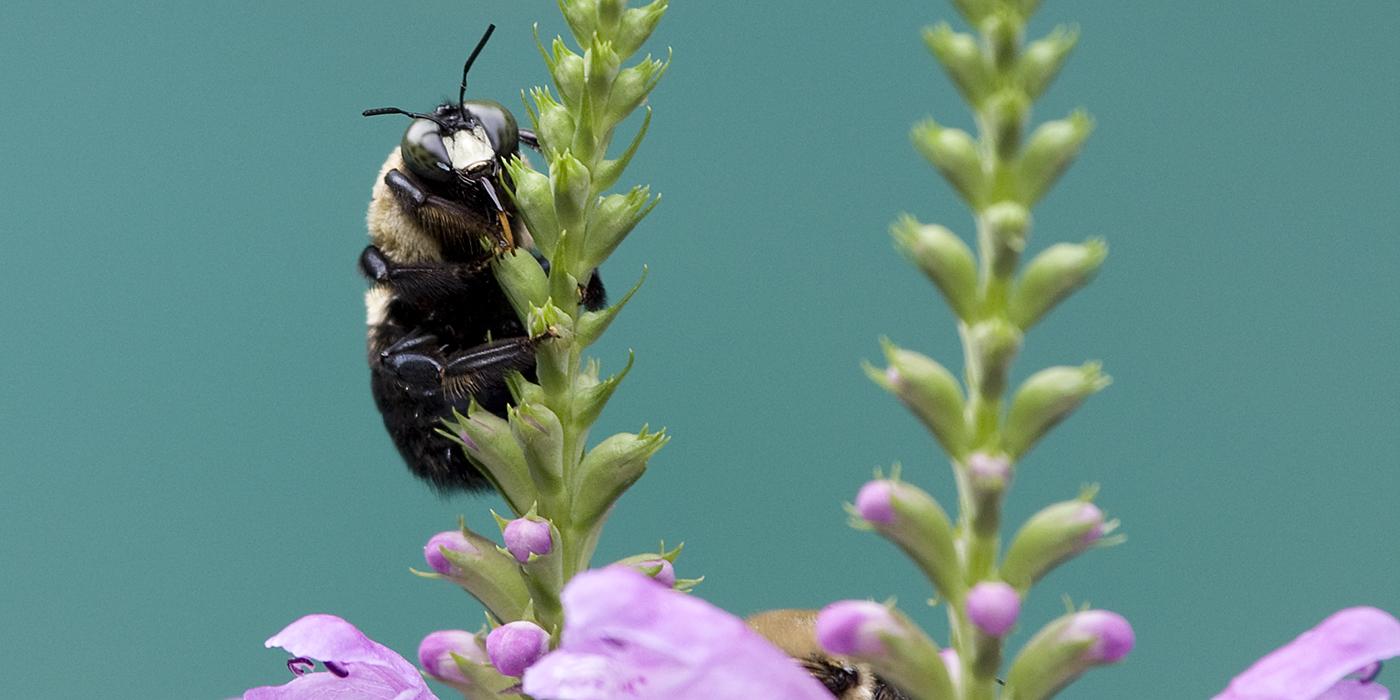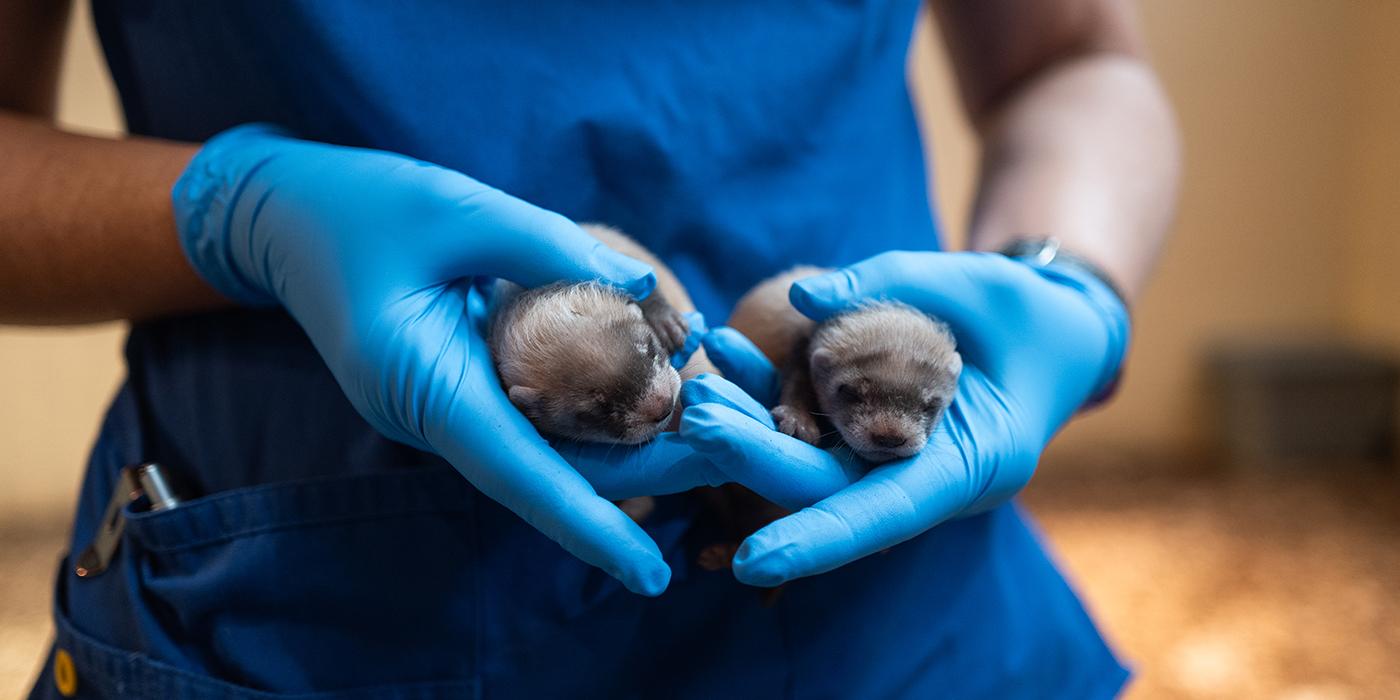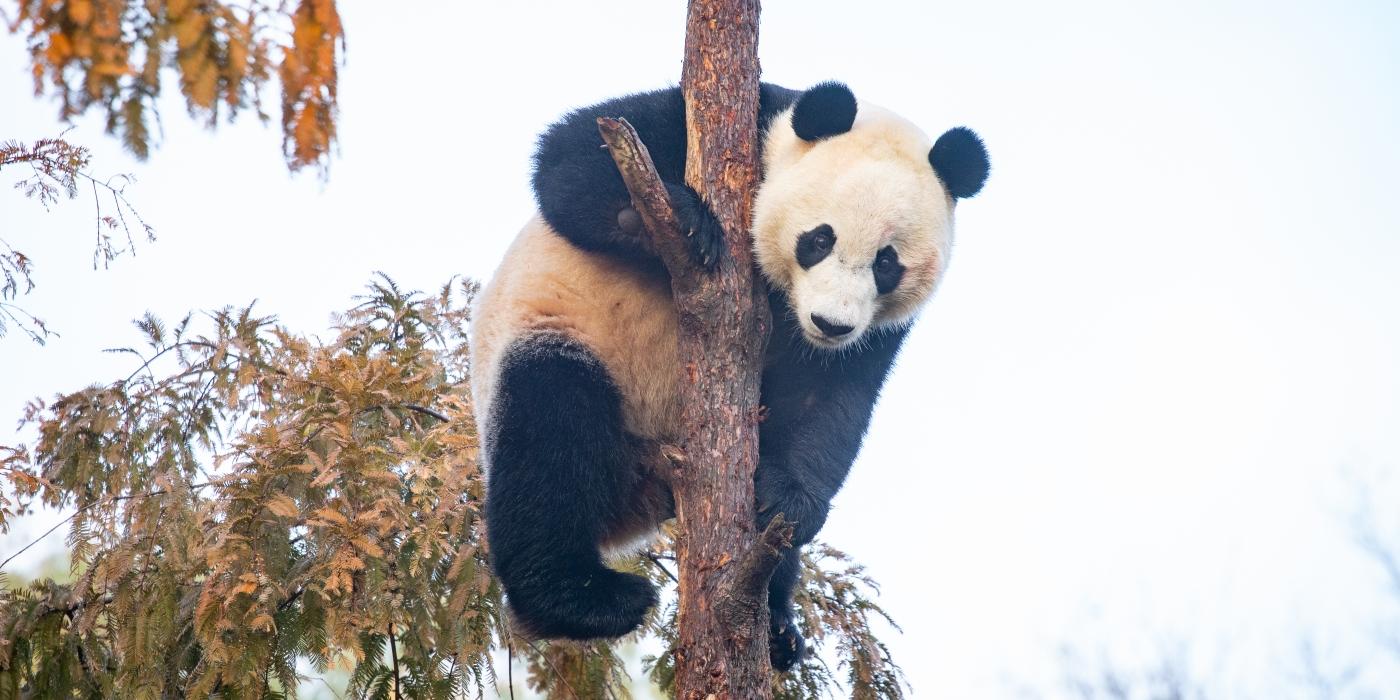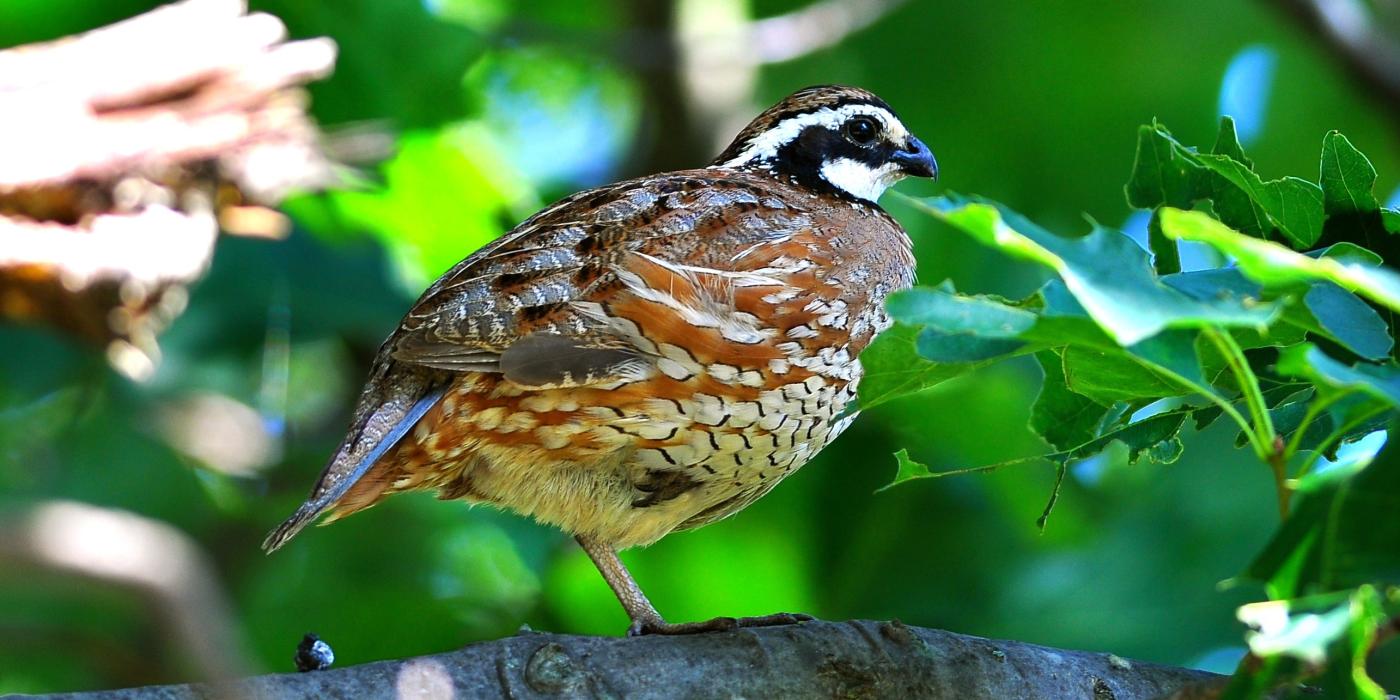7 Things You Should Know about Bees and Other Pollinators
What are pollinators, and why do we need them? Read on to find out!
1. Pollinators provide about one of every three bites of food we eat.
Do you like honey? How about almonds? Raspberries? Peaches? Avocados? Pumpkins? Bananas? Thank a pollinator. We might not starve without them, but a plate of food would be a lot less palatable.
Nearly one-third of our food supply depends on insect pollination, most of which is accomplished by bees. Honeybees alone support approximately $15 billion worth of agricultural crops in the U.S. each year. And while it’s true that some plants are wind-pollinated, many fruits, nuts and vegetables rely on pollinators.
2. There’s more to a bumblebee’s buzz!
Certain plants keep their pollen stored away in a part of the stamen called the anther. Luckily, bumblebees and other buzz pollinators have a trick for gaining access to it.
When a bumblebee lands on a flower, it begins rapidly vibrating its thorax muscles. As the little bee buzzes, the force of the vibration expels the pollen from the anther. The bee can then scrape the particles into its basket and continue to the next flower.
A whopping 20,000 plant species are pollinated this way, including blueberries, cranberries, tomatoes and potatoes!



